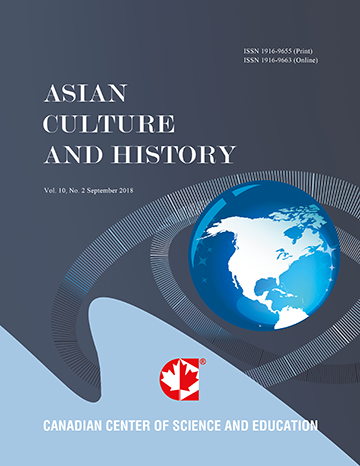The Values of Multicultural Education in Munanese Traditional Culture
- La Ode Basri
- La Aso
- Abdul Halim Momo
- I Wayan Mudana
- La Taena
- Salniwati Salniwati
- La Janu
- Aswati Aswati
Abstract
This study aims to reveal elements of multicultural education in traditional culture of Muna, one of ethnic groups in Southeast Sulawesi, Indonesia, by employing a descriptive qualitative research method. Main informants of the study included maestros of tradition preservation, traditional prominent figures, main figures of the society, and youth figures. Data were collected by conducting participatory observations, in-depth interviews, and focused group discussions. The data were then analyzed by performing data reduction, data presentation, and conclusions drawing. Findings of the study showed that Munanese traditional culture contains values of multicultural education such as appreciation of others’ services and creations, harmoniously living with others, awareness of a fundamental nature of human as a creature subject to weaknesses, advocating the need to exhibit noble characters, recognition and respect of others’ right, high work ethic, and gender neutrality. These values of multicultural education are embedded in taboo tradition, traditional sayings, folklores, and traditional riddles.
- Full Text:
 PDF
PDF
- DOI:10.5539/ach.v9n1p33
Journal Metrics
Google-based Impact Factor (2017): 5.42
h-index (January 2018): 11
i10-index (January 2018): 21
h5-index (January 2018): 6
h5-median (January 2018): 9
Index
- Academic Journals Database
- CNKI Scholar
- COPAC
- EconPapers
- Elektronische Zeitschriftenbibliothek (EZB)
- Excellence in Research for Australia (ERA)
- Genamics JournalSeek
- Google Scholar
- Infotrieve
- LOCKSS
- MIAR
- NewJour
- Open J-Gate
- PKP Open Archives Harvester
- Publons
- RePEc
- Scilit
- SHERPA/RoMEO
- Standard Periodical Directory
- Technische Informationsbibliothek (TIB)
- The Keepers Registry
- Universe Digital Library
- WorldCat
Contact
- Ivan YongEditorial Assistant
- ach@ccsenet.org
